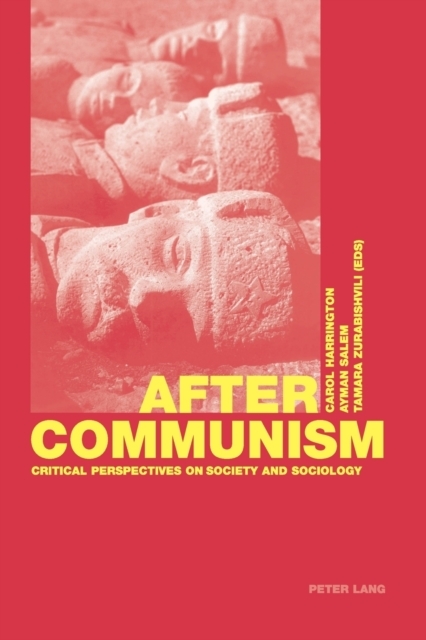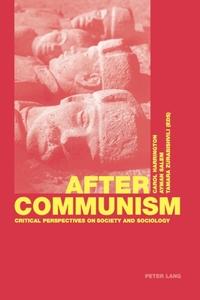Freed from direct political constraints, many sociologists from former Communist countries have sought to maintain a clear distinction between research and politics through an attachment to objectivity, conceptual clarity and methodological rigour. Yet they have often sidestepped the critique of epistemological certainties which has become orthodoxy in much ¿Western¿ thinking, and which has implicated sociology in the very structures of power it describes. This collection of writings, based on the 2002 Critical Sociology Conference held at Tbilisi State University in Georgia, was produced by sociologists working as members of or visitors to post-Communist states. As such, it reflects the tension between the desire for scholarly distance and an acknowledgement that the construction of knowledge is always a political act and a product of hierarchical social relations. Whether considering the issue of political legitimacy in Kyrgyzstan, the political nature of discourse about Eastern Europe, or problems of institutionalisation in Georgia, the authors all seek to avoid the scepticism about the effects and ethics of sociology common in much Western social theory without falling back upon the positivist approaches apparent in much of the former Communist bloc and in important pockets of Western academia.

